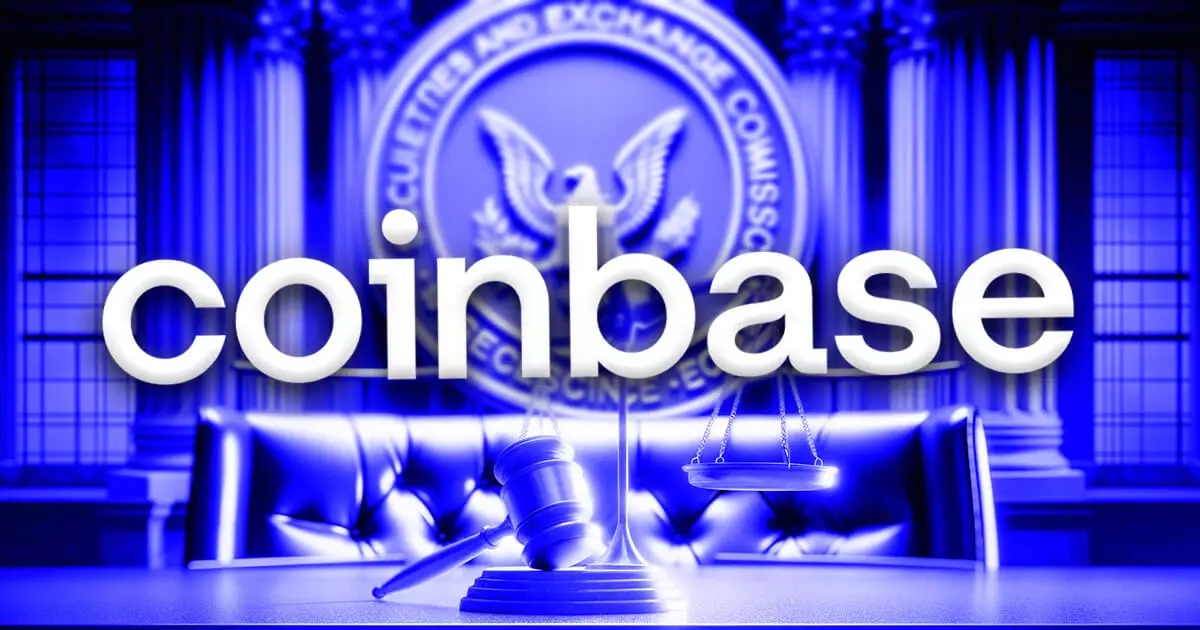The US Securities and Exchange Commission (SEC) has strongly opposed Coinbase’s attempt to compel additional discovery in their ongoing legal dispute. The SEC has raised concerns about Coinbase’s broad request for documents, which the regulator believes are not relevant and place an undue burden on them. In a memorandum submitted on August 5th, the SEC argued that Coinbase’s discovery demands seek an excessive amount of information, much of which has no bearing on the core issues of the case.
The SEC’s main argument against Coinbase’s motion is that the documents requested by the exchange are not pertinent to the primary issues at hand. The SEC maintains that it is the court’s analysis of the facts and the law that will ultimately determine the outcome of the case, not internal discussions within the SEC. Therefore, the regulator believes that the expansive nature of Coinbase’s demands is unwarranted and unnecessary.
Additionally, the SEC pointed out the significant burden involved in reviewing and producing the vast number of documents requested by Coinbase. The regulator disclosed that it has already dedicated more than 400 hours to reviewing documents and compiling a 648-page privilege log. Expanding the search to include millions more documents would be excessively onerous, according to the SEC. This places an undue strain on the SEC’s resources and diverts attention from the key aspects of the case.
The SEC also disputed Coinbase’s fair notice defense, asserting that the legal application to digital assets is clear and that internal SEC communications are irrelevant in this context. Furthermore, Coinbase’s request for a sample of SEC Chair Gary Gensler’s emails has raised contention. The SEC argued that this request is misleading and burdensome, especially since Gensler has affirmed under oath that he does not use personal devices for SEC-related matters.
The SEC’s memorandum stressed the importance of the Court in determining the relevance and proportionality of discovery requests. The regulator emphasized that proper discovery should be focused on the actions of the defendant, and that the scope of discovery needs to be tailored to the specific facts and legal issues at hand. As the legal battle between the SEC and Coinbase continues, the Court’s decision on this discovery dispute will be pivotal in shaping the proceedings.
The SEC has firmly stated that it has already met its discovery obligations and opposes Coinbase’s motion, deeming it unjustified and burdensome. As the two parties gear up for further legal confrontations, the cryptocurrency industry and legal observers are keeping a close eye on the developments. The outcome of this dispute could establish significant precedents for the future of digital asset regulation in the United States.

